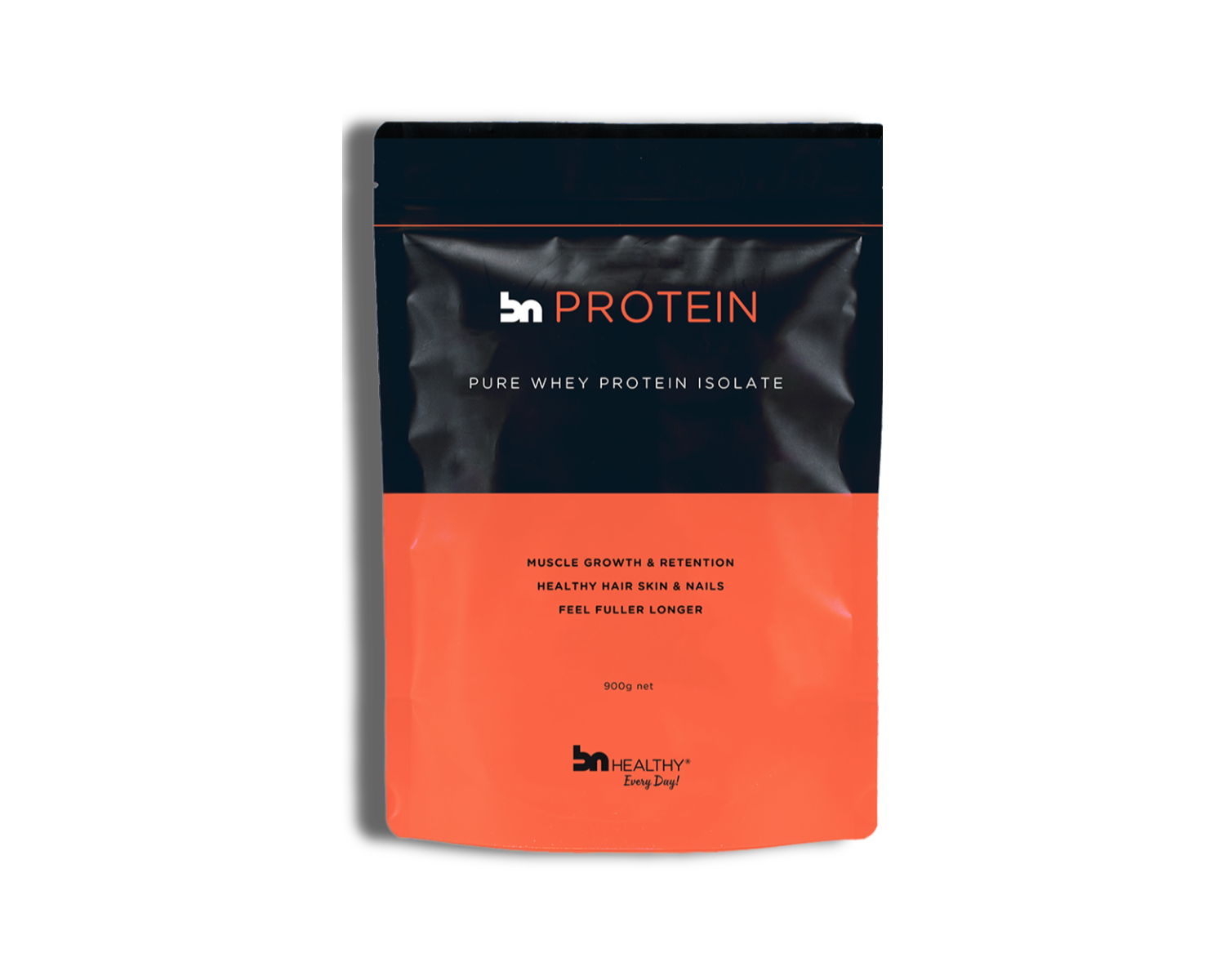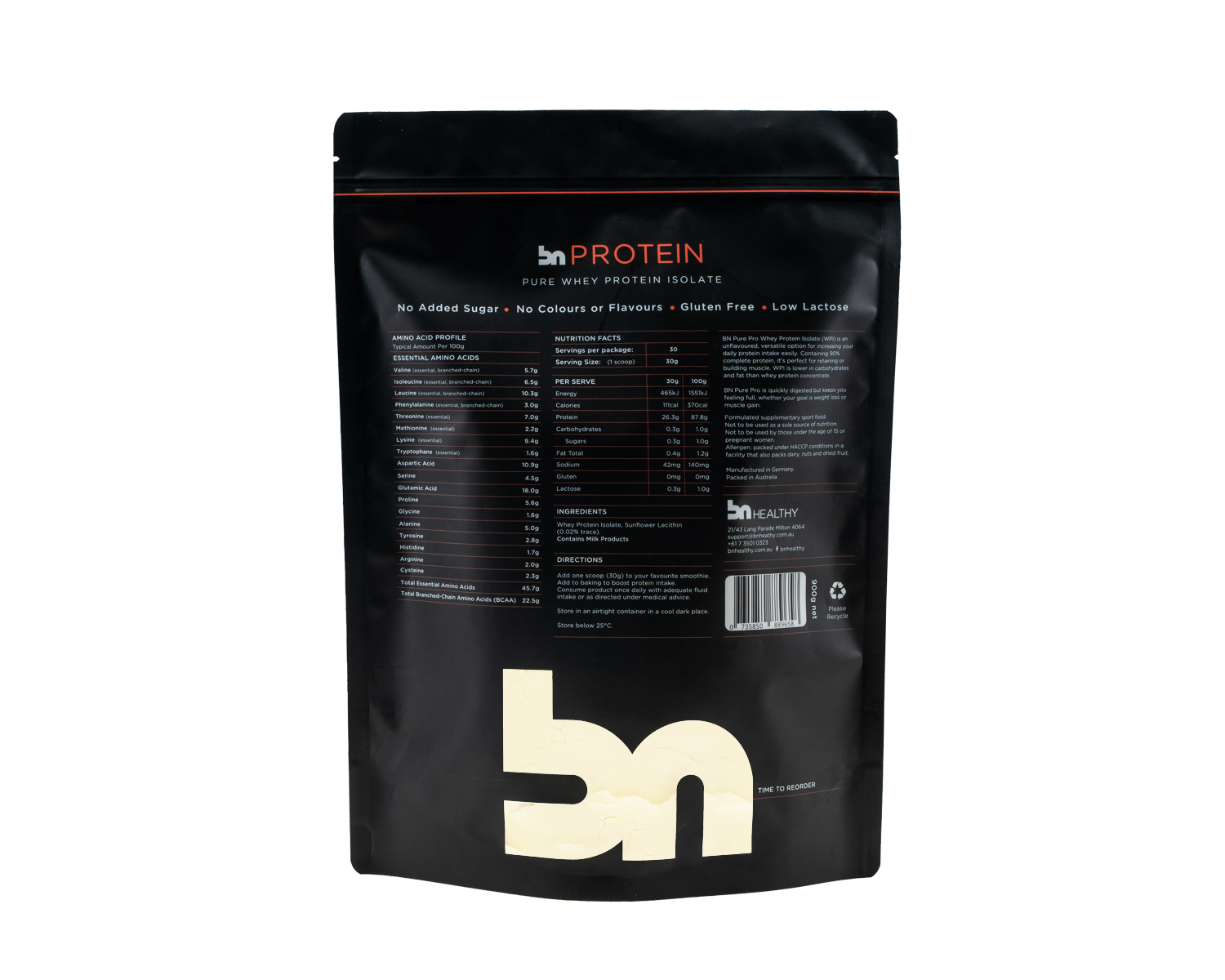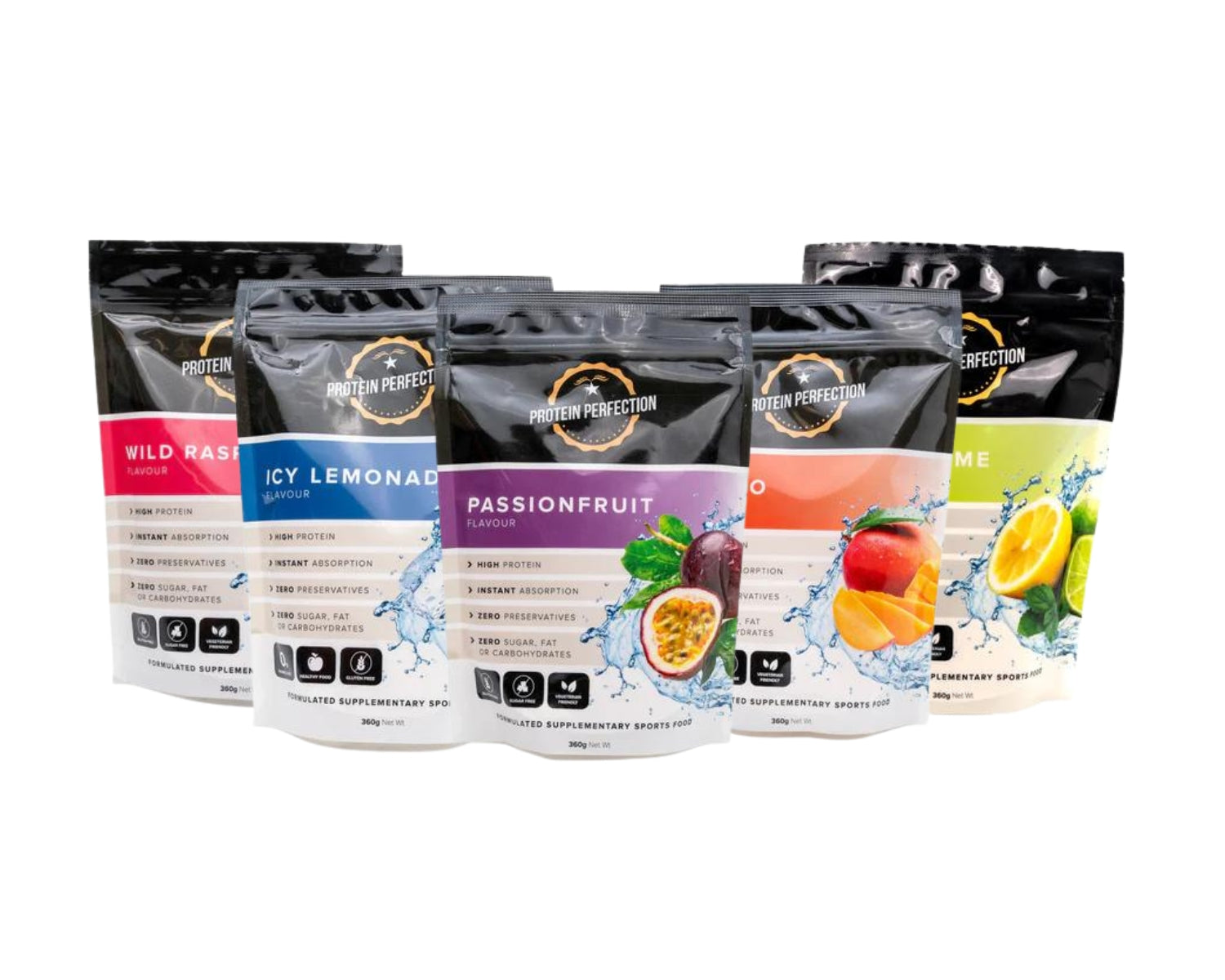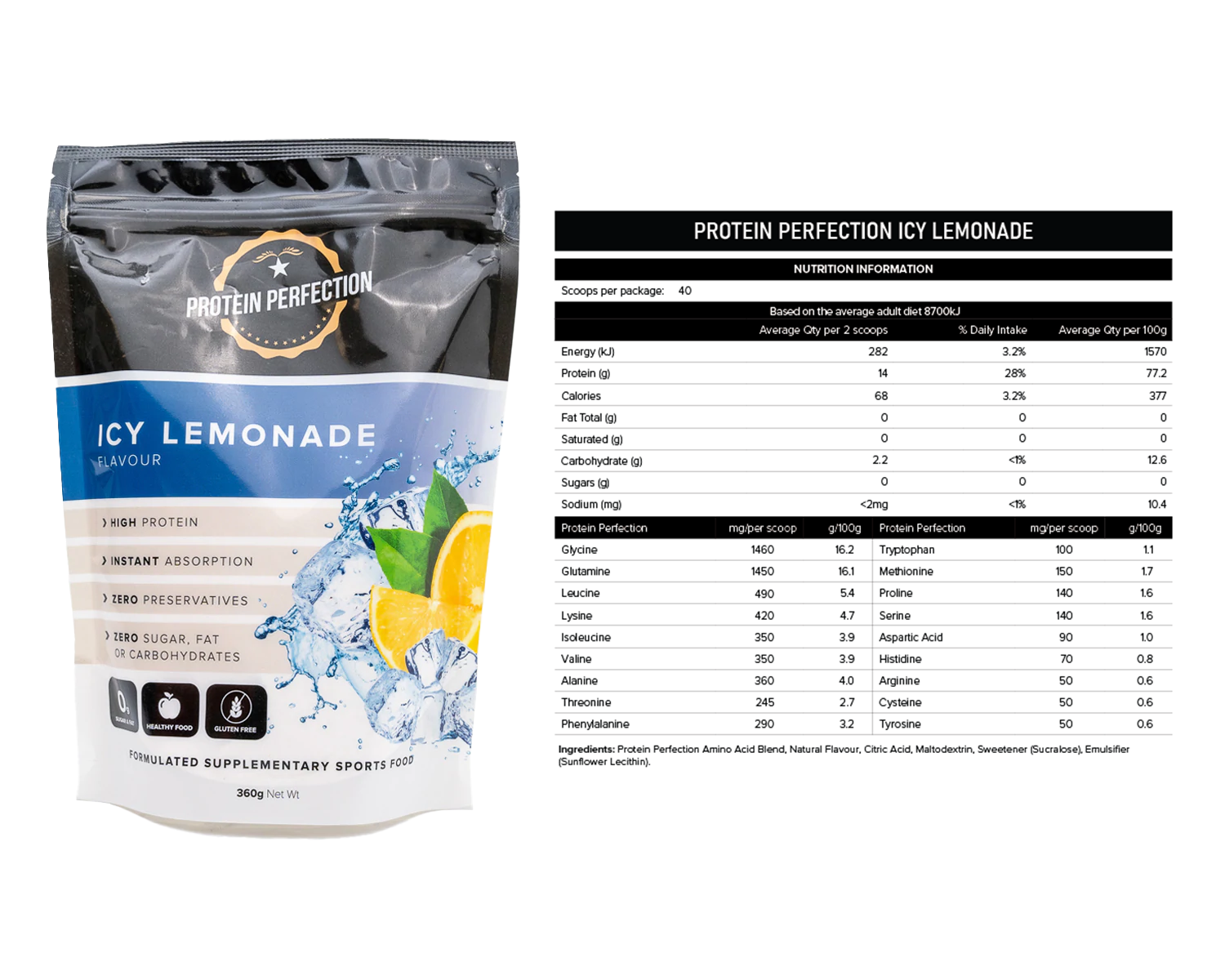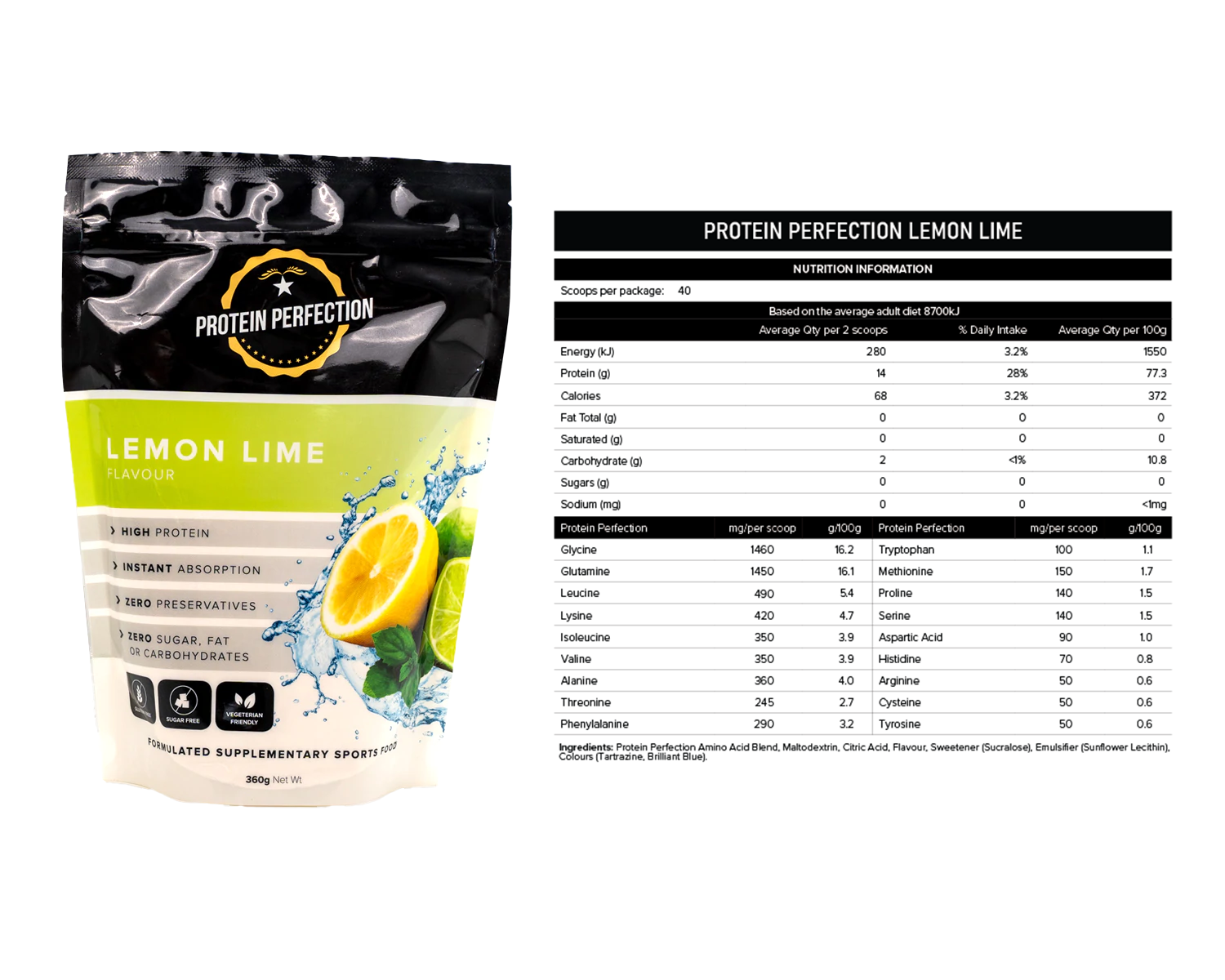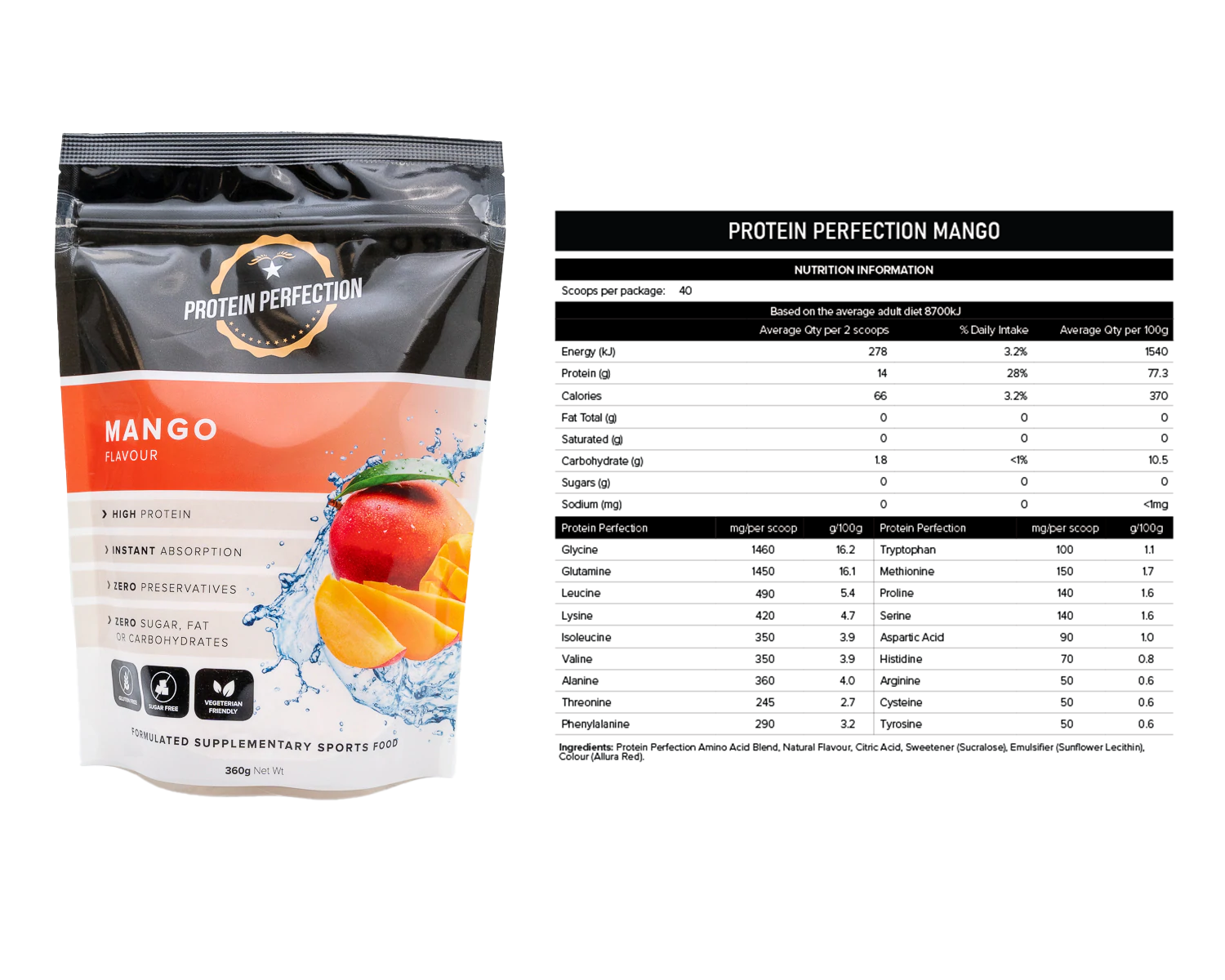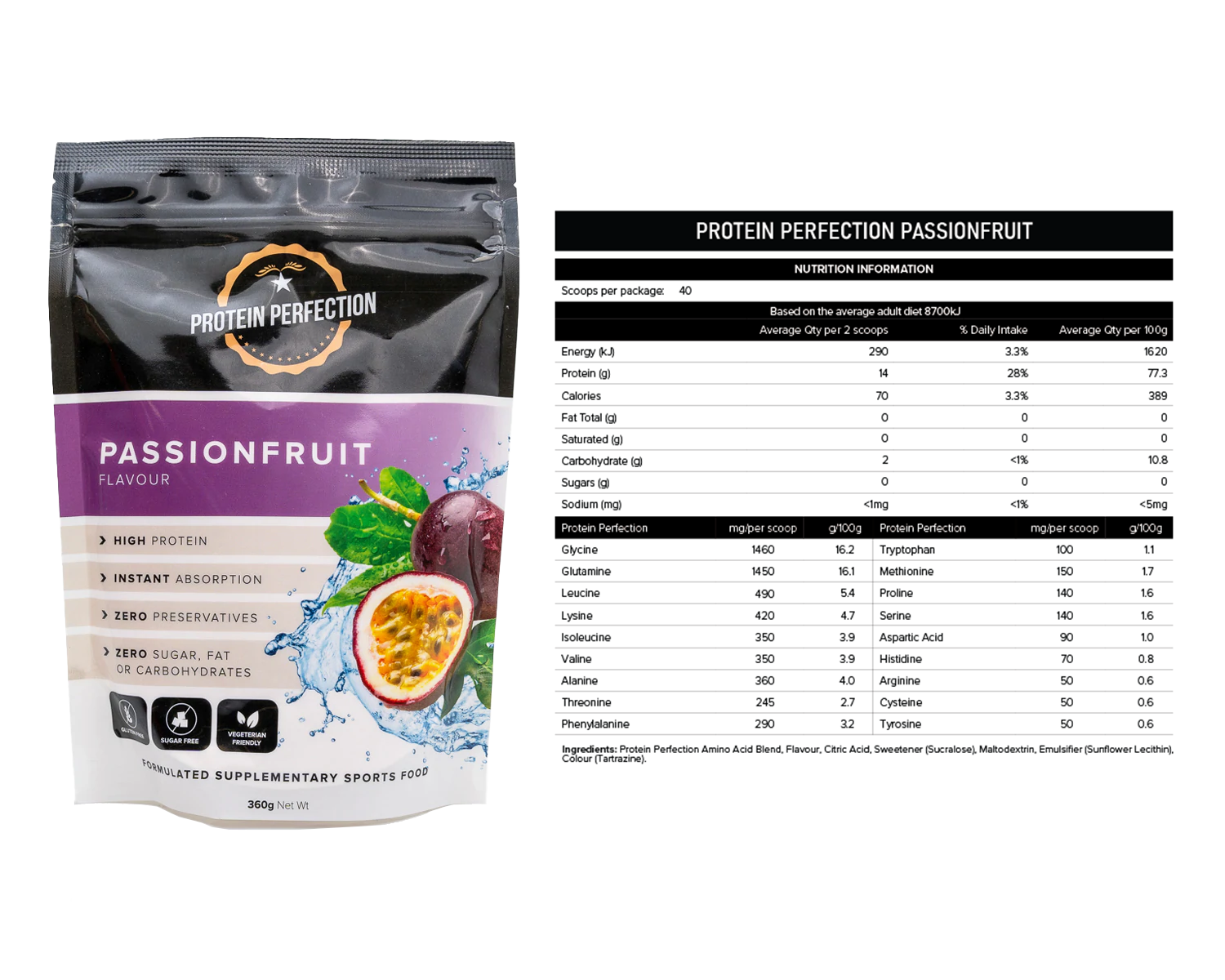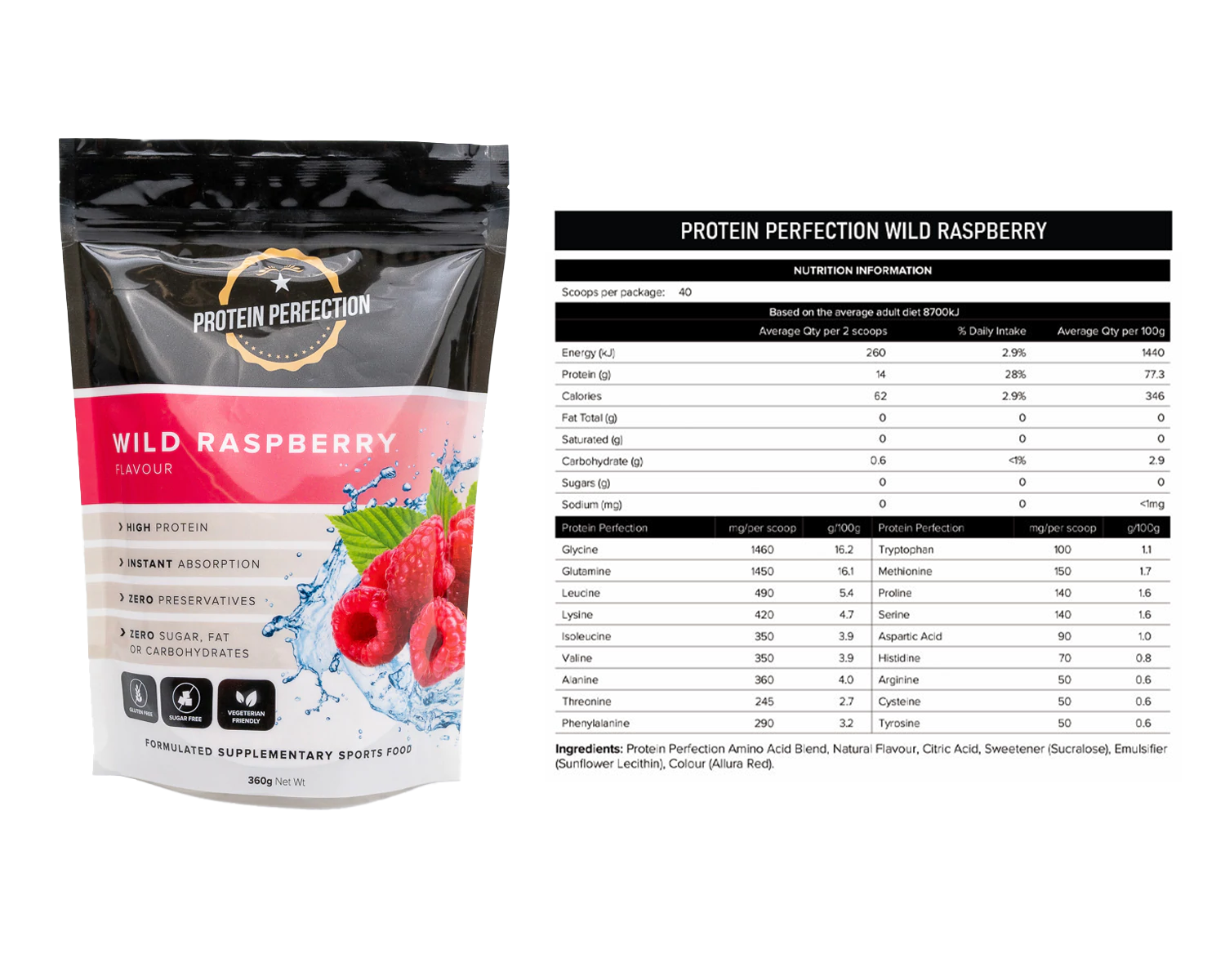December 2022
Jacqui Lewis - BHSc Nutritional and Dietetic Medicine
7 Reasons to Avoid Alcohol on Your Weight Loss Surgery Journey

Many people enjoy drinking alcohol socially, such as having a few beers or a glass of wine during the holiday season.
If you've had Bariatric Surgery, your body's response to alcohol can be very different than before the surgery.
So, is drinking alcohol after Bariatric Surgery a good idea?
You may need to re-evaluate how you drink; here's why…
1. Can alcohol and weight loss co-exist?
You might be wondering does alcohol make you fat?
This one is a no-brainer - Alcohol is the main source of energy (calories); with each gram of alcohol adding 7 calories, a standard drink (much smaller than you think) has 10g alcohol / 70 calories in the alcohol component alone. This is more than protein or sugars / carbohydrates (4 calories per gram).
Add your alcohol to a sugary mixer, and you're asking for:
Increased caloric intake, and a spike in blood glucose which demands more insulin, resulting in an upward curve in calories. Additionally, the fact that alcohol is a known appetite stimulant and a "disinhibitor," meaning - even the best-laid plans for making wise food choices while you're drinking, have just gone out the window!

Generally, when we drink alcohol, we eat more food and make poorer choices.
2. Alcohol interferes with memory and learning.
At any age, alcohol impacts our brain - that’s why it alters our state in the first place.
Alcohol affects short-term memory by slowing down how nerves communicate in a part of the brain called the hippocampus.
The hippocampus plays a significant role in helping people form and maintain memories.
When normal nerve activity slows down, short-term memory loss can occur.
3. Alcohol can replace other "coping mechanisms" after Bariatric Surgery.

It's well-known that alcohol can "fill the gap" that food used to. Before surgery, if you were likely to turn to food for comfort, to relieve stress or boredom, or if you experienced any kind of disordered eating. It's wise to be aware that when larger quantities of food are no longer an option, there can be a "transfer of addiction."
Some bariatric patients find themselves looking for another "coping mechanism," and alcohol may be the replacement, leading to addiction transfer after Bariatric Surgery.
If you find yourself drinking more often than you did or using alcohol when things become challenging - reach out to your team sooner rather than later to get advice on looking for the "root” of the problem before things escalate.
Addiction is a complex disease – prior use of alcohol is simply another risk factor among many, and there is no single explanation for why someone becomes addicted. The interrelationships between gateway drugs (tobacco, alcohol, and cannabis) are complex.
4. Alcohol increases your risk of developing cancer.
Alcohol is a significant risk factor for some cancers, particularly the mouth, pharynx, larynx, esophagus, breast, bowel, and liver. A percentage of all cancers are attributable to long-term, chronic use of alcohol.
5. Alcohol can lead to liver disease & other chronic diseases.
Drinking a lot of alcohol or drinking regularly damages the liver.
When it's damaged, the liver can't break down fat properly. This can cause fat to build up, known as alcoholic fatty liver.
Alcoholic Fatty Liver Disease (ALFD) is the earliest stage of alcohol-related liver disease.
Alcohol also robs your body of essential nutrients, reduces protein absorption by about 70%, and kills the healthy microbes in your gut.
All of these factors combined are where we really start to see the impacts on health when alcohol is used in excess or chronically.

6. Alcohol accelerates the ageing process.
Alcohol causes your body to release more stress hormones, speeding up aging. The effect it has on the ANTI oxidant nutrients, vitamins A, C, and E, leads to "oxidation," which results in faster ageing, poor liver detox performance, and a higher risk of free radical damage that leads to cancer.
Alcohol's overall negative effect on nutrition means that heavy drinkers often become malnourished. This limits the body's ability to maintain itself, resulting in faster aging.
7. Alcohol can increase depression.

Alcohol can exacerbate mood disorders like depression. The fact that alcohol is a depressant should be a dead giveaway as far as its long-term effects on mood, happiness, and feeling of being content with life.
Drinking regularly can also exacerbate the problem. B group vitamins are "bombed" by alcohol, and protein absorption is reduced by up to 70%. Both nutrients are directly related to "happy" neurotransmitters such as dopamine and serotonin and protect mental health.
Benefits of reducing or quitting alcohol
Reducing or quitting alcohol can improve your life in many ways.
- Improves mood, sleep, and weight
- Achieve increased energy
- Improves your relationships
- Increases work performance
- Remains focussed on long term goals
- Saves money
- Reduces risk of chronic illness

Keeping these benefits in mind can help you to stay motivated.
Work out a plan
Whether you're aiming to drink less or to quit altogether; it's a good idea to have a plan.
Some people prefer to quit alcohol after surgery in one go. Others prefer to reduce their drinking slowly. Everyone is different, so work out what works best for you. Remember that your doctor can help you if you're not sure.
Your plan might be as simple as drinking one less glass each time you go out. If you want to be more detailed,
think about yourself:
- Goals — why do you want to reduce or quit alcohol?
- Triggers — why and when do you drink?
- Strategies — how will you reduce or quit alcohol?
- Support — who will you turn to for help?
Suppose you're a healthy adult:
The Australian Guidelines for Alcohol Consumption state to reduce the risk of harm from alcohol-related disease or injury. In that case, healthy men and women should drink no more than 10 standard drinks a week and no more than 4 standard drinks on any one day.
The less you choose to drink, the lower your risk of harm from alcohol.
For some people, not drinking at all is the safest option.
National Alcohol and Other Drug Hotline contact
Call the National Alcohol and Other Drug Hotline for free and confidential advice about
alcohol and other drugs.
1800 250 015
Jacqui Lewis
BHSc Nutritional and Dietetic Medicine
